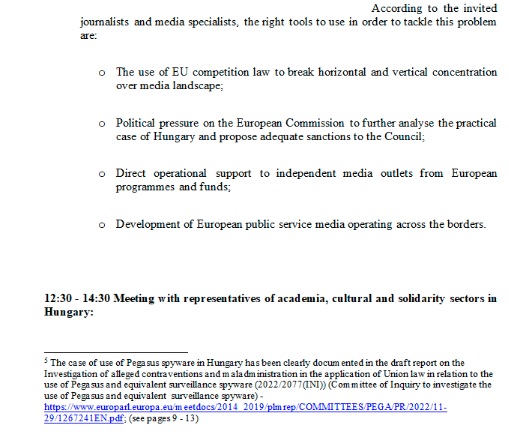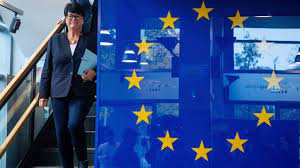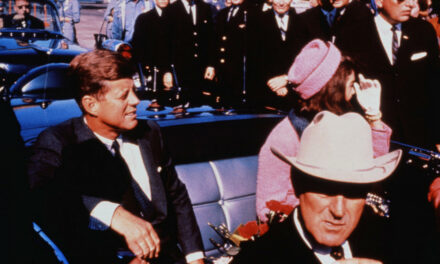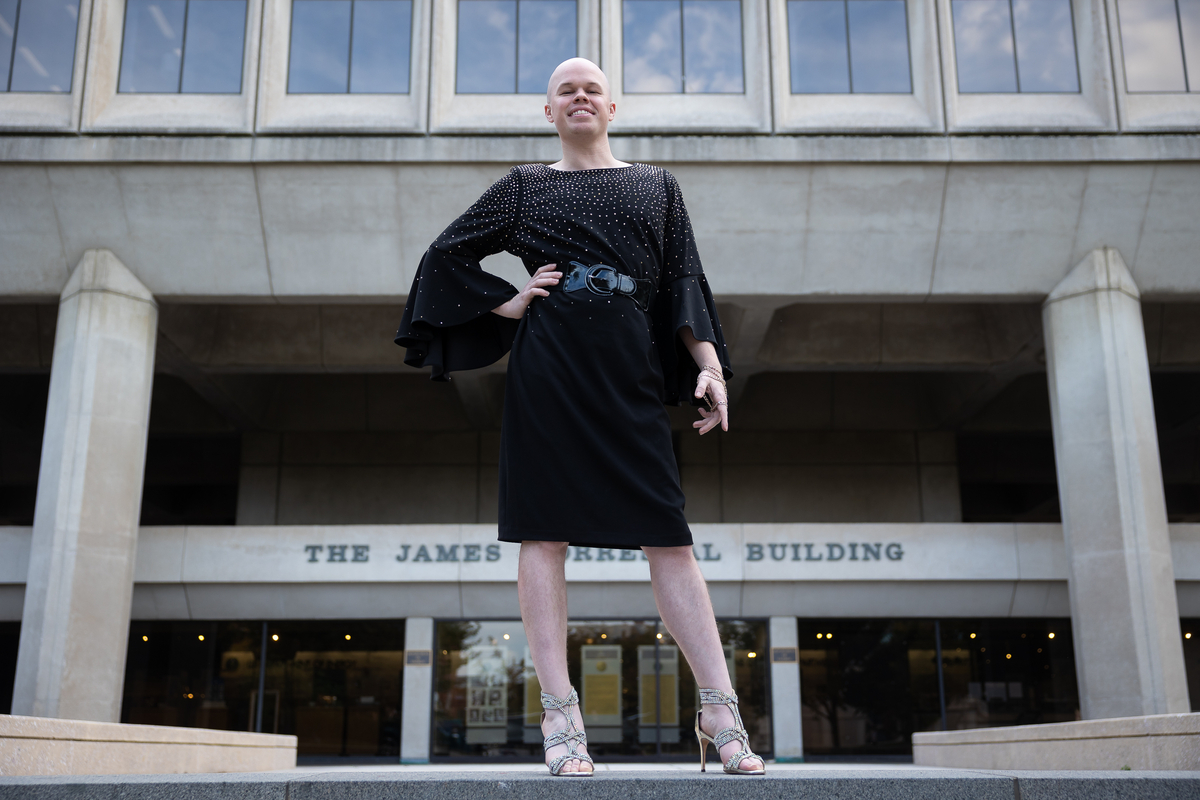The representatives of the Hungarian dollar media asked the members of the culture committee of the European Parliament meeting with them to put pressure on Hungary, possibly introduce new sanctions, and to support them directly. We asked several left-wing media leaders who attended the meeting about this, and they denied everything - except that there is a record of everything.
Those domestic left-wing media leaders who took part in the meeting held by the European Parliament's culture committee last November demanded decisive action against Hungary and direct EU resources, Origo learned. The committee headed by Sabine Verheyen visited Budapest last November to find out about the Hungarian media situation, among other things.
According to the committee's program, on November 3, the delegates will meet with András Pethő, the founder of Direkt 36, Ágnes Bozsó, the employee of the former indexers' blog, Telex, Gábor Orbán, the director of Tilos Rádió, Mihály Hardy, the head of Klub Rádió, Gábor Polyák, they met with the head of the György Soros-supported Mérték Media Analysis Workshop and Attila Kert, head of Euronews in Hungary. that is, they tried to "find out" about the media situation in Hungary in a rather biased way, only from the leaders of the left-wing press.
According to the committee's report, at the meeting on November 3, among other things, the actors agreed - and this was included as the conclusion of the meeting - that the European Commission should be forced to investigate the Hungarian situation further and propose appropriate sanctions to the European Council through political pressure. In addition to all this, I would like to achieve "direct operational support of the independent (actually left-wing - ed.) media from European programs and funds". These were the main conclusions of the meeting.

Source: Origo
The report reads verbatim as follows:
According to the invited journalists and media professionals, the following are the appropriate tools to deal with the problem:
– Application of EU competition law to break the horizontal and vertical concentration of the media area;
– Exercising political pressure on the European Commission to further investigate Hungary's actual situation and propose appropriate sanctions to the Council;
– Direct operational support to independent media organizations from European programs and funds;
– Cross-border development of European public service media operations
In the matter, Origo contacted the leaders of the left-wing media participating in the meeting to see if they would admit that they had asked for money from Brussels and that the EU was sanctioning Hungary. The heads of the mediums practically denied that they demanded sanctions and money, even though it is clearly stated in the protocol.
According to Deutsch, the fact is that, in addition to around two dozen militantly anti-government, left-wing politicians, civil activists, journalists and people working in the cultural sector, only a few government actors were consulted during the visit - completely ignoring the Hungarian cultural, media and civil society representatives of right-wing, bourgeois, national, conservative and Christian-democratic trends and workshops - cannot give an authentic, objective and complete picture of reality.
Based on the extremely one-sided program, only a politically and ideologically biased report will be compiled -he added then. The manner in which the visit program was put together confirms the suspicion that the imbalance of the program cannot be explained simply by the lack of the expected prudence, but by a conscious political intention - concluded Deutsch's letter.
The commission report in Origo's possession only confirms Tamás Deutsch's earlier assumption: an extremely biased material was created. It is indeed a completely one-sided, completely ignoring reality, left-wing propaganda work, especially with regard to the media. Of course, the competent EU committee has not yet given an explanation as to why they did not ask the opinions of those who are not on the left side of the media situation in Hungary.
Source and full article: Origo
Featured image: MTI













